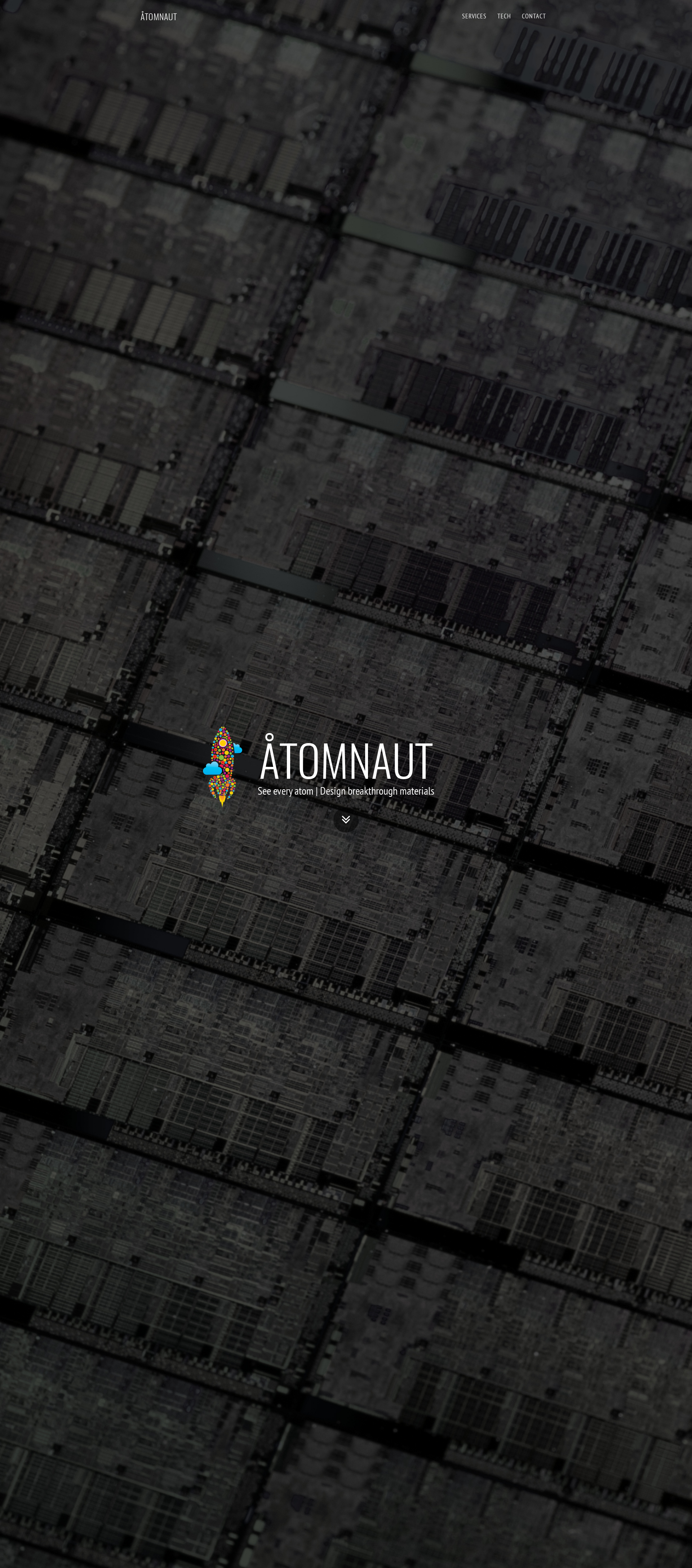Atomnaut
Think small to think bigAtomnaut
Atomnaut provides a 'Human Genome Project' for materials (silicon, steel, tungsten etc.). What do longer-lasting batteries, practical quantum computers and higher-efficiency solar energy all have in common? New materials & manufacturing processes will make them a reality. Considering the impact, materials engineering is unacceptably slow and expensive -- 20 years to develop a new material for automotive or aerospace; semiconductor R&D cost $64 billion in 2014, equivalent to Google's annual revenue. The problem is missing data. Data that describes how atoms control a materials properties. Without it, engineers can't rely on computer models. Slow and expensive trial-and-error experiments must be used. "without a clear understanding of the structural evolution of a material, it is virtually impossible to make quantitative computational predictions" 2016 Urban et al., Nature Comp. Mat. Atomnaut completes the picture. Using new imaging technology, every atom - the 3D position and element identity - can be mapped for the first time, a 100x improvement. Reading this data is reading a material's 'blueprint' or 'DNA'. The data unlocks replacing experiments with computers. New patentable materials and manufacturing processes can be calculated. The Human Genome Project cost $3 billion and returned $500 billion in the first 10 years – a 180x return. Atomnaut provides: 1. Materials characterization services. 2. Data analytics for design of patentable materials and manufacturing processes. 3. Access to a library of 3D atomic structures, Encyclopedia Atomica. Think small to think big http://atomnaut.com
